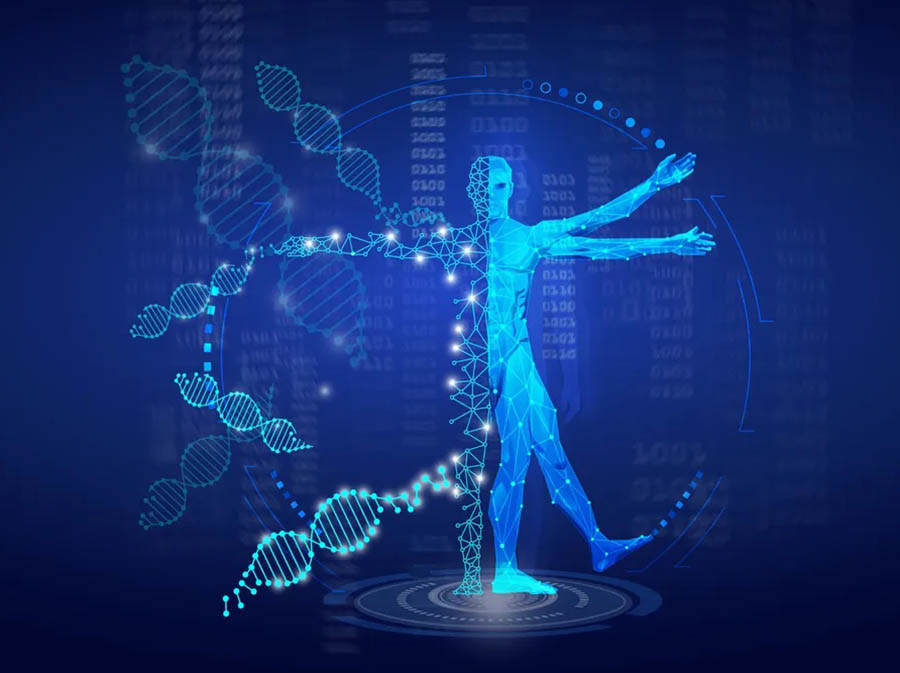

Did you ever envision yourself having powers? Since the 1970's TV series The Six Million Dollar Man followed by The Bionic Woman - along with Marvel and other Superhero movies - it's something I've always thought about. I truly believe the human body is not built to withstand physical reality in terms of health and physical prowess. Everywhere you look, the human condition is breaking down because it's based on emotional response.
You further have to wonder if this was part of the gray alien agenda when they created hybrids. Was the objective to take the emotional human and merge its DNA with Gray aliens (artificial intelligence) to create something more enhanced. Many people would say Yes - and that these hybrid individuals are the next evolution as the human experiment ends.
All of this takes us to ...
Transhumanism is a philosophical and intellectual movement which advocates the enhancement of the human condition by developing and making widely available sophisticated technologies that can greatly enhance longevity and cognition.
Transhumanist thinkers study the potential benefits and dangers of emerging technologies that could overcome fundamental human limitations, as well as the ethics of using such technologies.
Some transhumanists believe that human beings may eventually be able to transform themselves into beings with abilities so greatly expanded from the current condition as to merit the label of posthuman beings. Another topic of transhumanist research is how to protect humanity against existential risks, such as nuclear war or asteroid collision.
Julian Huxley was a biologist who popularized the term transhumanism in an influential 1957 essay. The contemporary meaning of the term "transhumanism" was foreshadowed by one of the first professors of futurology, a man who changed his name to FM-2030. In the 1960s, he taught "new concepts of the human" at The New School when he began to identify people who adopt technologies, lifestyles, and worldviews "transitional" to posthumanity as "transhuman".
The assertion would lay the intellectual groundwork for the British philosopher Max More to begin articulating the principles of transhumanism as a futurist philosophy in 1990, and organizing in California a school of thought that has since grown into the worldwide transhumanist movement.
Influenced by seminal works of science fiction, the transhumanist vision of a transformed future humanity has attracted many supporters and detractors from a wide range of perspectives, including philosophy and religion.
In 2017, Penn State University Press, in cooperation with philosopher Stefan Lorenz Sorgner and sociologist James Hughes, established the Journal of Posthuman Studies as the first academic journal explicitly dedicated to the posthuman, with the goal of clarifying the notions of posthumanism and transhumanism, as well as comparing and contrasting both. Continue reading

Is The Future Of Humanity Transhumanism? Live Science - March 5, 2023
Transhumanism offers humans one of the loftiest goals ever proposed: through science and technology, we hold the power to turbo-charge our senses, edit out our biological frailties, meld minds with computers, and perfect our fleshy bodies to the point where we become something that is beyond human - perhaps something almost God-like. Nietzsche would have a field day.
In decades gone by it was the stuff of science fiction, but we are fast approaching a point where many of these futurist dreams could become reality: CRISPR has made gene editing easier than ever; the gap between the human brain and computers is closing; robotics has never been better; our understanding of biological aging continues to grow. The real question, however, is whether we should embark on such a daring plan?